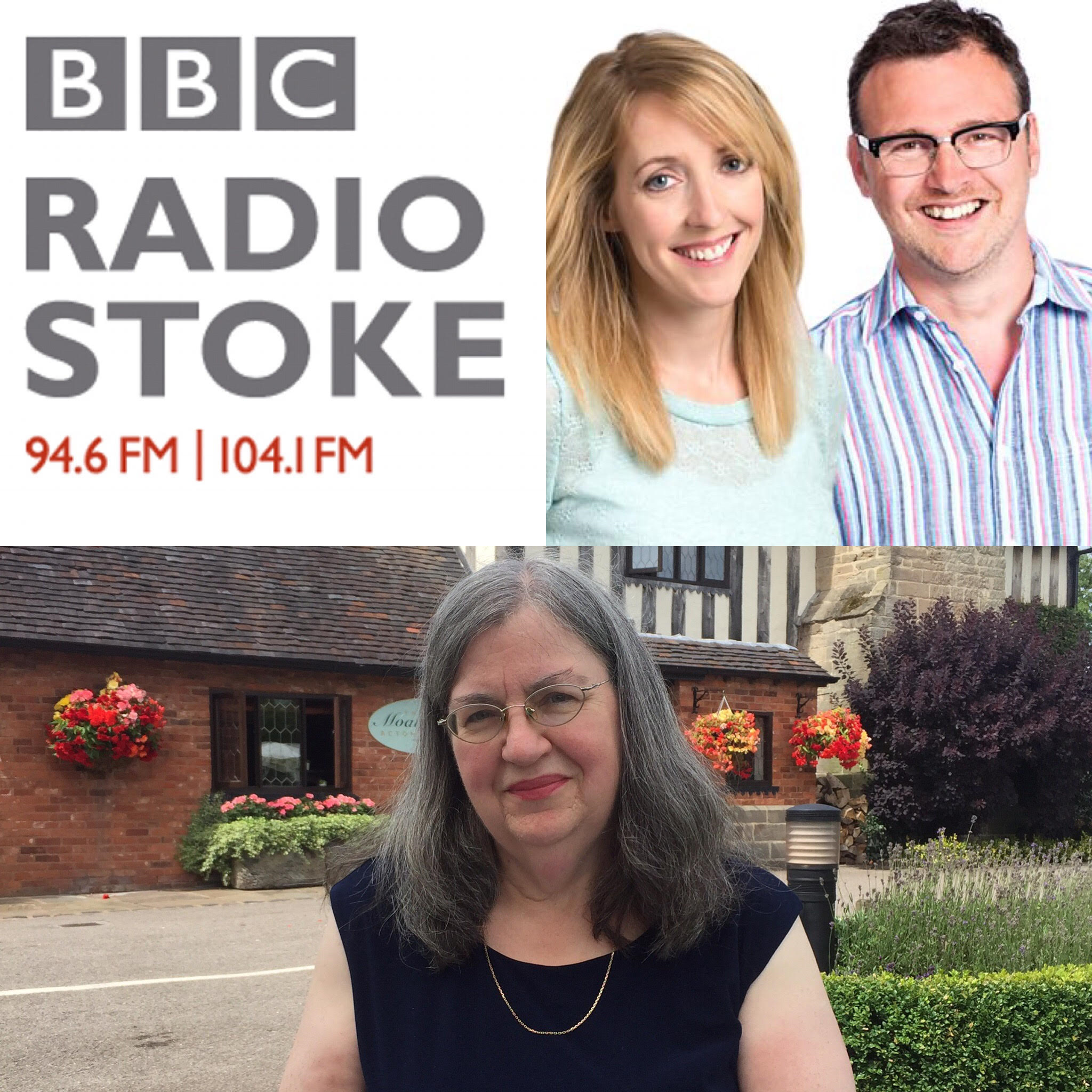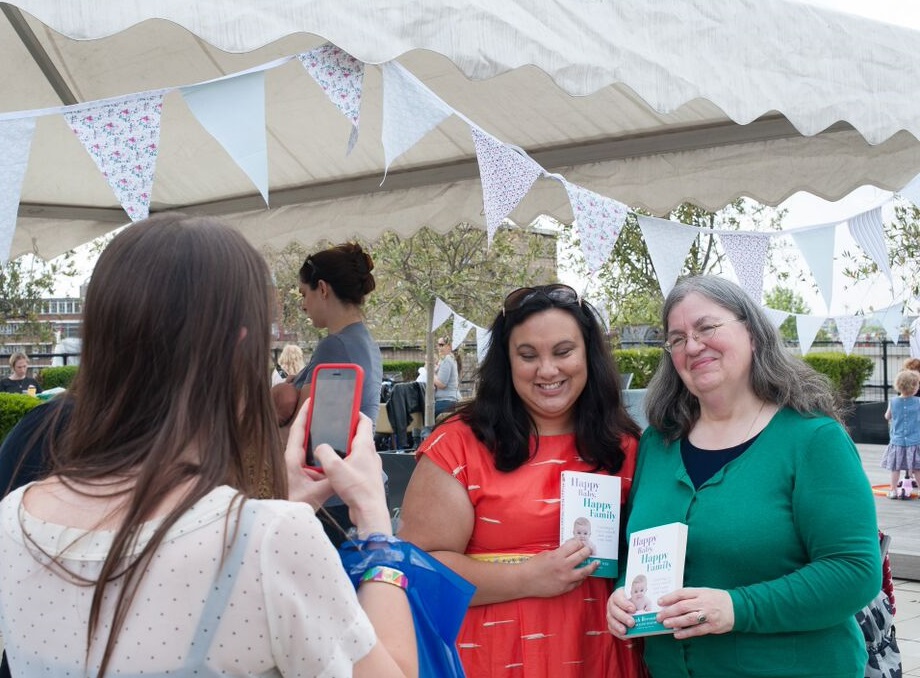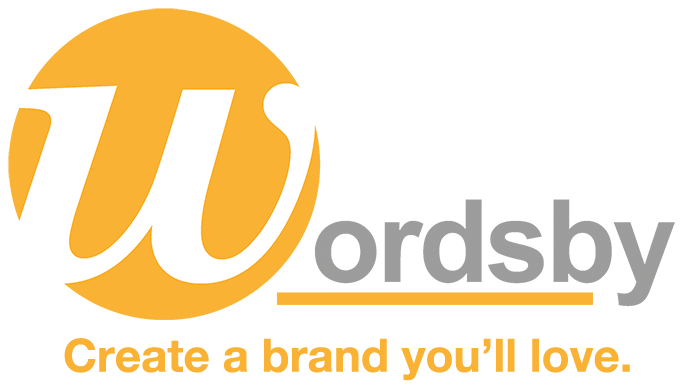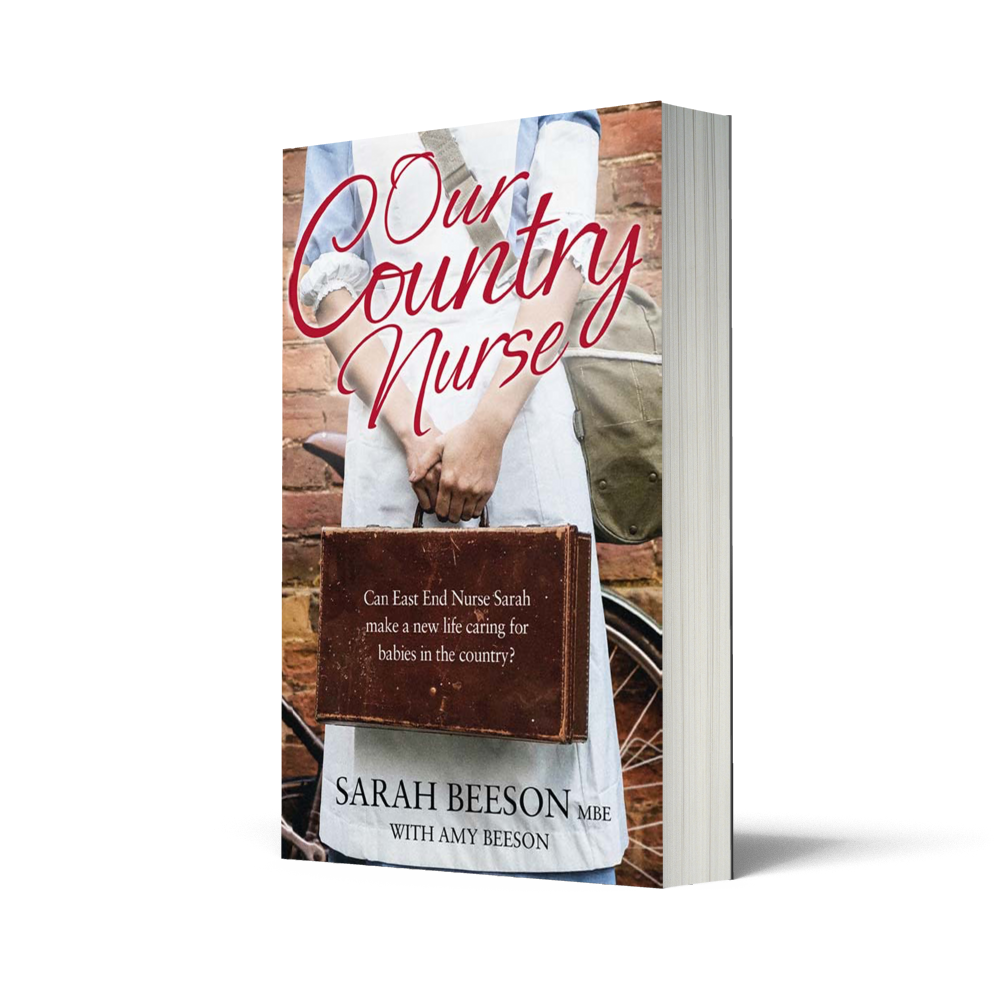Author and former Stafford health visitor Sarah Beeson MBE joins Liz Ellis and Perry Spiller on BBC Radio Stoke to talk babies, parenting and her new book Our Country Nurse.
Missed it? Listen again on BBC Radio iPlayer.

The Interview
Liz: Let’s take you back to the 70s. It’s was a decade our next guest started caring for babies and their families. Sarah Beeson from Stafford has an MBE for services to nursing and has recently published her second memoir Our Country Nurse on her adventures. Think Call The Midwife 20 years later. Sarah, what are the big differences for you between then and now for babies?
Sarah: Babies really don’t alter. Fashions and fads come and go. The most important thing is the emotional needs of babies. Today’s parents really get that. As well as the care, the breastfeeding or bottle feeding and looking after your baby the emotional needs are very important.
Perry: You’re a health visitor; you’re going into other people’s houses aren’t you? Our Country Nurse is a rich tapestry of 1970s life.
Sarah: It is. I worked in rural Kent. I had a little mini which was given to us by the county as we’d be county council employees and had only just moved into the NHS. The weather could be tremendously harsh in Kent; snow in the winter and the book has the baking hot summer of 1976 where once I parked my Mini when I came back out the steering wheel was so hot I could barely touch it to drive onto my next visit. But knocking on doors for a living has been most enjoyable.
Liz: You didn’t have children when you started and you were very young when you became a health visitor. What made you want to do it?
Sarah: When I trained at Hackney Hospital on community practice towards the end of my training I went out with a marvellous health visitor visiting high rise blocks and there were terrible conditions in some areas. She was so welcomed by her families, she organised nursery placements, she sorted housing out and I thought I want to that. Later on when they were looking for nurses who wanted to do health visiting I applied and got in.
Liz: You’ve got some really interesting stories. It’s fictional with names changed but loosely it’s based on your life?
Sarah: Yes, it’s my memoir. All the characters names and circumstances are changed except me, Sarah Hill, I’m the only one who is herself and I’m not even completely sure about that.
Perry: So, presumably the main protagonist is you?
Sarah: It’s me narrating and it’s my story but there are some real characters. I dedicated Our Country Nurse to three Staffordshire health visitors who are no longer with us but there wonderful way of working come out in some of my characters particularly Hermione who is wonderful largely based on a dear friend.
Liz: Some of the stories people might find a little shocking. Tell us about the Filipino mum?
Sarah: They was a Filipino couple with a new baby. I went to see them and they worked very long hours for hardly any money. They got one half day a week off on a Sunday and really it modern day slavery.
Perry: How much did they earn?
Sarah: They earned £17 and ten shillings a month between them.
Perry: Good grief.
Sarah: I mean wages weren’t high but that was exploitation. And the excuse from was they got a room – which was an attic, and food – which they weren’t used to and couldn’t eat. They wanted to get away to the United States and their story was largely based on someone I did see.
Perry: What did Sarah encounter with this couple then?
Sarah: The mum was wonderful but she really couldn’t spend enough time with the baby. I used to do a number of clinics and one had bus that went round and picked everyone up and brought them to this monthly country clinic and took them all home again all for free. I more or less said it’s essential she goes to her employer she must come; dereliction of duty on your part if you let them go. She was a very pukka lady and didn’t want to go against that so allowed her to have this afternoon off once a month to come to clinic and that’s where we hatched the plot for her to escape.
Perry: So she escaped!
Liz: You helped her to get out of the situation.
Perry: It says in the book that she was advised to leave the baby under an apple tree so she could carry on working for the family?
Sarah: Yes, what her employer kept telling her was to wrap the baby up and leave her under the apple trees in the orchard and get on with your work, I used to do that on Nanny’s day off. It was January! It was real exploitation. You have to tread very carefully sometimes and that’s the thing with health visiting you have no right of access, you have no right to go in. It’s people’s good will.
Perry: For unmarried mothers back in the 70s was there still stigma there was in previous decades?
Sarah: There was. There’s a story about a young girl, another one I helped to escape from looking after two horrible elderly uncles in a tumbledown farm to a nice little flat of her own. Things were changing in the 70s, it wasn’t as Dickensian as 30s, 40s, 50s but it was still very hard and tough for women at that time generally but particularly unmarried mothers.
Liz: One of the stories from your book which are based on real events is about you going to help a mum with a three year old who’s having issues in the night?
Sarah: This is based on a quite a few incidents because quite a few parents say their child is talking to someone or seeing someone and it’s not that unusual and it’s not usually a ghost, it’s usually imagination and children have seven years before they really separate reality from fantasy.
Liz: What are they doing in the middle of the night though?
Sarah: I can’t give the story away but its not all that it seems. The whole family is really worried because they think they’ve got a poltergeist; things are falling off dressers and crashing to the floor.
Perry: Was this a real story?
Sarah: Yes, but the actual outcome isn’t quite that you might think it was.
Perry: Now that’s a teaser.
Liz: There were a lot of high profile stories in the papers in the 70s about children and ghosts.
Sarah: There is always something going on in that direction.
Liz: You must have thought why are you calling me?
Sarah: When you’re a health visitor people go to you to ask for help and very often you’re not quite the person who has the knowledge but you can be conduit; you can find the right person.
Liz: Did you have any other unusual cases like that?
Sarah: I’ve unblocked drains, I’ve called the environmental health for all sort of infestations – things that I can’t actually deal with though I’m quite good at unblocking drains. In the 70s people didn’t have the money and insurance cover for emergency situations so you did get rung up just as you were leaving the office. For instance on Christmas Eve as I was leaving someone rings with a problem and it was that story that started off the memoirs. A lady rang me and said I can’t settle the baby they’re crying, crying, crying. I went out I was there for absolutely ages talk about breastfeeding, positions and I’d left the minis lights on. I had a completely flat battery and no mobile phones in those days. I didn’t want to go back to the house I’d been there two and a half hours. I walked to the phone box and rang the local garage. Great big snowflakes started to fall and I was stuck in a drift with a flat battery on Christmas Eve and I didn’t have any money with me. This lovely mechanic came out, he started my car and I asked him how much and he said, ‘Nothing, Nurse, it’s Christmas Eve, Merry Christmas.’ I put that into the text of Happy Baby, Happy Family as a little story and my agent said to me you should write your memoirs.

Liz: Was it because of that going above and beyond dedication that you got the MBE?
Sarah: I got the MBE as a health visitor for working with children and families in Stafford. People put me forward for it without my knowledge. And I understand the Queen often says you get your MBE on behalf of a whole team of people. I just happened to be the one who was going up to get it and representing the profession.
Perry: Here’s the killer question – there’s a lot of people listening who would have been mums in 70s and are the daughters of those mothers. In your estimation are parents better now than they were?
Sarah: This generation of parents is the best there has ever been. Parents these days they really work as a team, they put their child’s welfare, their wellbeing at the heart of what they’re doing. Working parents, working mums especially often feel so torn between work and childcare but working is a good example for your children, whether you’re a stay at home mum, work full time or part time, there has been great improvements in parenting and especially in the emotional needs; that love and security. Recognising your child as an equal, you’re the custodian of those rights.
Liz: You think we do that more now?
Sarah: A lot more now.
Perry: Is it an attitude of mind thing? In the 70s they were only one generation away from a child should be seen and not heard.
Sarah: That was not quite as bad as it had been but the parents of children then had definitely been told to be seen and not heard. It’s evolved and now parents understand that harsh words can hurt. That’s a big leap forward and I don’t think many parents now would think that smacking children would be OK because it always makes things worse.
Liz: Physically though it was harder for mums back then using terry nappies – we’ve got it easier now.
Perry: And your washing machine saves your life.
Liz: In birth we’re a lot more likely to use pain relief now, there weren’t a lot of options then.
Sarah: We do have wonderful midwifery and obstetrics service these days compared with then but there was every week an antenatal class run by myself and the midwife, there’s a wonderful midwife in the book who was an absolute treasure her mums adored her. We did a topic every week and relaxation every week – taking you through labour – because the NHS is so squeezed and lacking in resources some parents can’t get onto a course sometimes. So yes, I’m all for the new developments, I think it’s wonderful to have them but it’s your wonderful midwife who steers you through it.
Perry: Sarah, it was lovely to speak to you and the new book is Our Country Nurse. There’s quite a few stories drawn from your time in Staffordshire.
Liz: Thank you for coming in Sarah Beeson from Stafford, MBE.
Order a signed copy of Our Country Nurse.
Published by Harper Element.
Paperback at £8.99 available from Amazon, Waterstones, Foyles and WH Smith.
eBook and £6.49 available from Amazon Kindle, iTunes, Google Play and Kobo.
Audiobook £12.99 read by Anna Bentinck available from Amazon Audible and iTunes.

